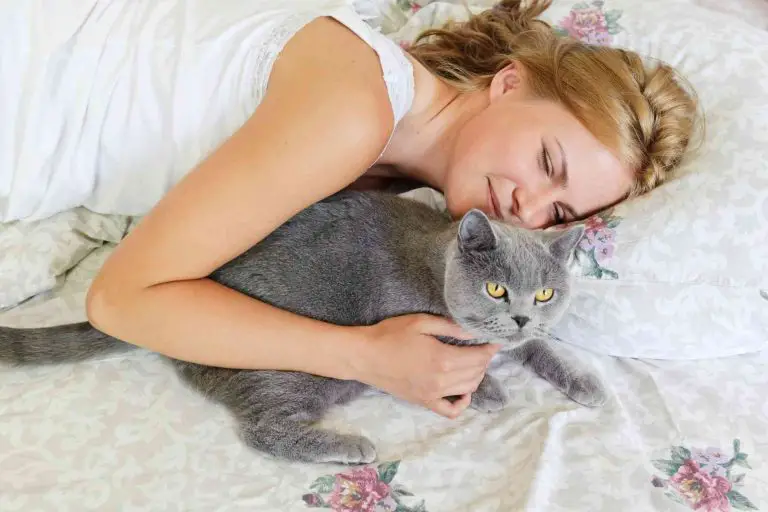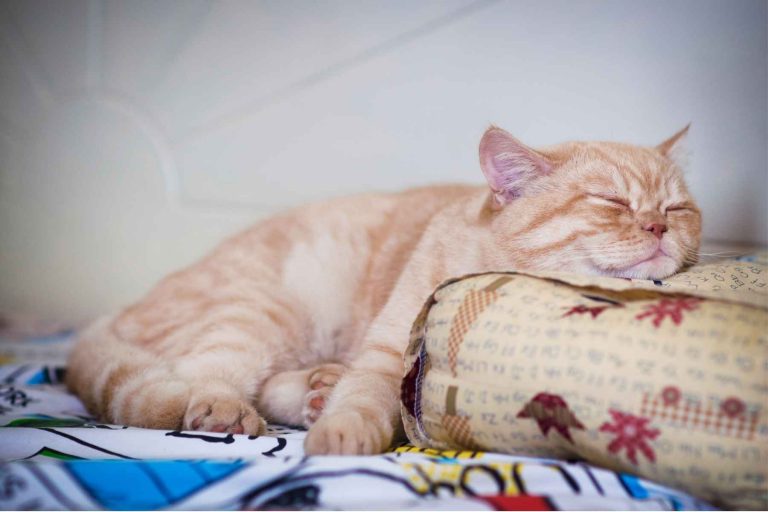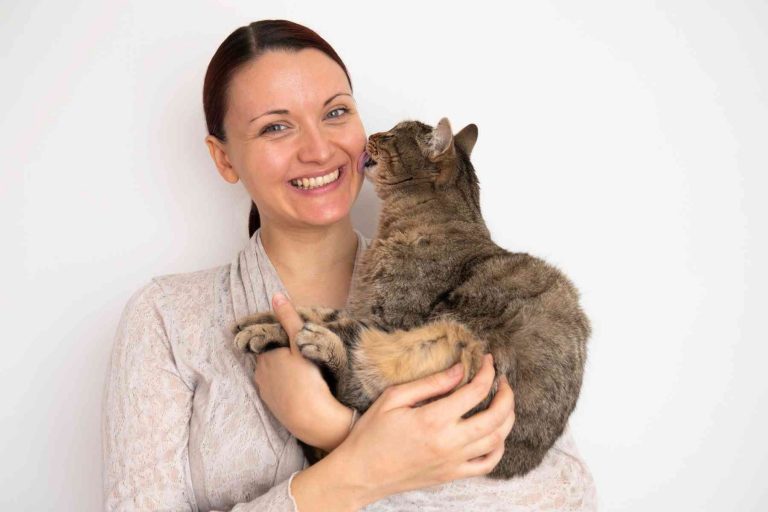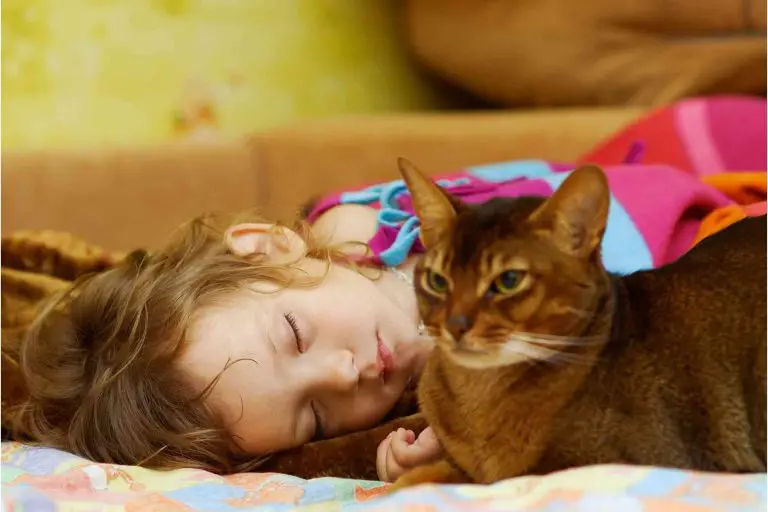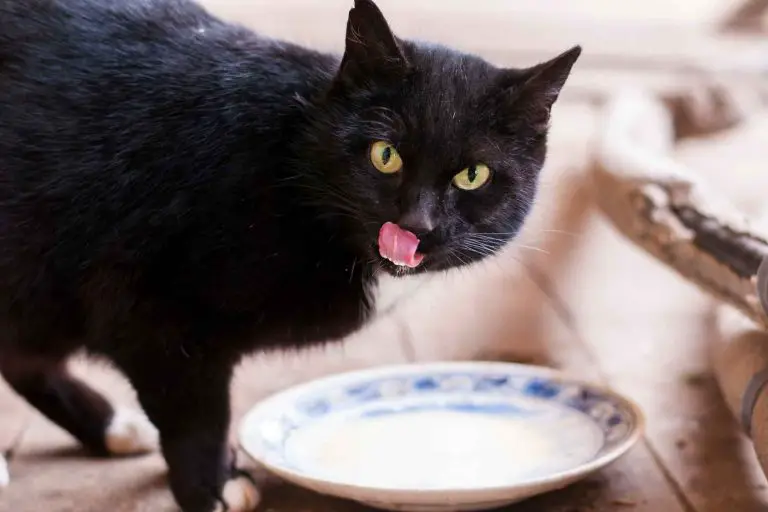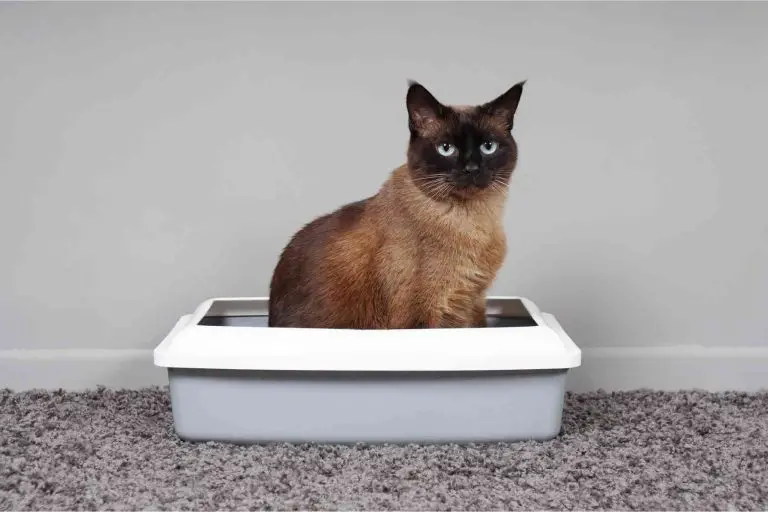How Do Cats Apologize?
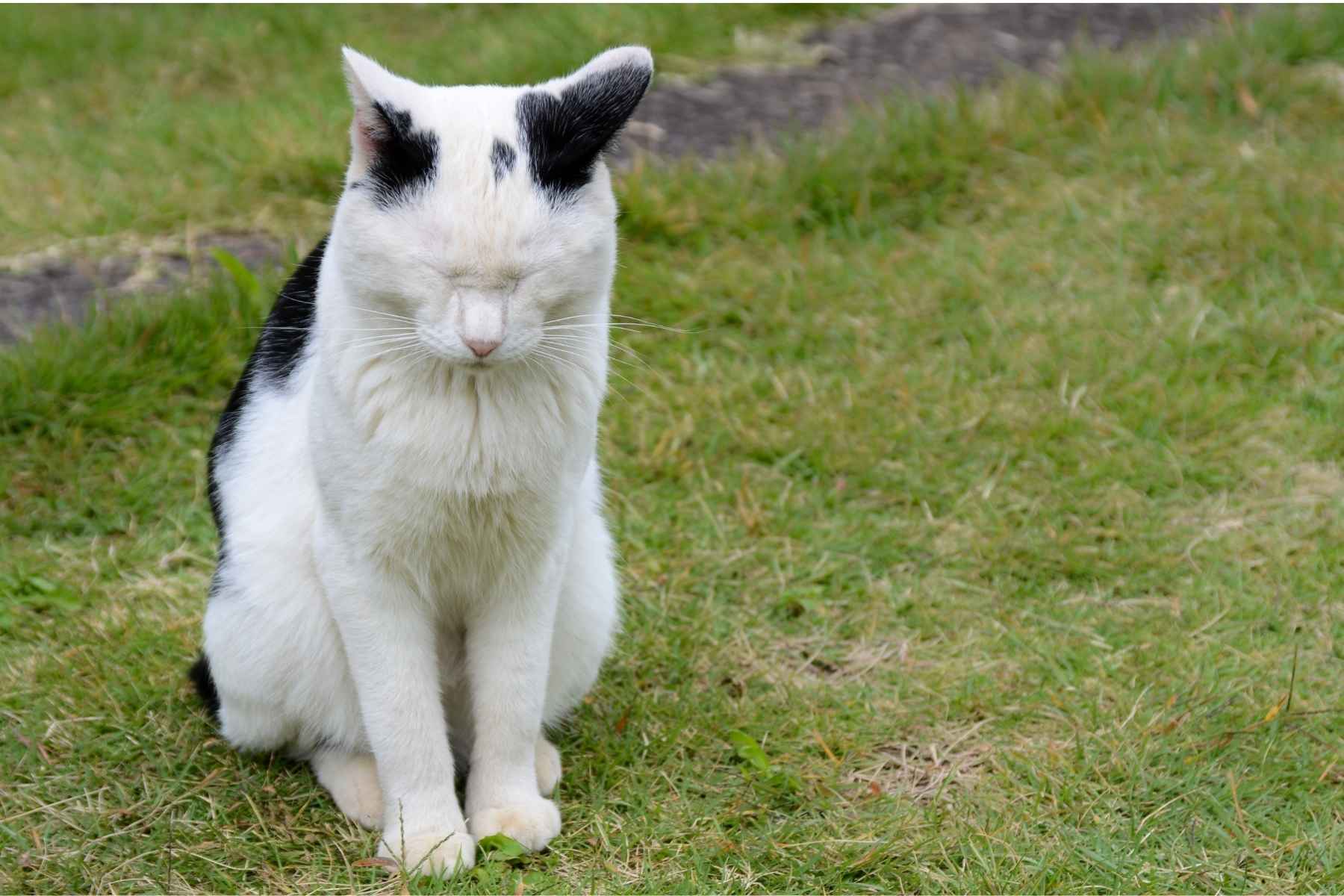
Cats are complex creatures with a range of emotions and social cues that inform how they respond to you as a member of their social group.
But when your cat stares you dead in the eye while scratching up your furniture or does a mad scrabble up the curtains while you’re repeatedly saying, “No!” it’s easy to feel as though cats just don’t care about how you feel and are defiant whenever you try to correct them.
It makes many pet owners wonder whether cats are even capable of offering an apology, and if they do, how do cats apologize?
Cats don’t apologize, per se; instead, they perform certain behaviors like head booping, tail-touching, slow blinking, and meowing to indicate their affection and restore their good standing with you.
There’s a lot of nuances in explaining why our modern domestic cats behave the way they do, and many actions that demonstrate your cat’s desire for reconciliation are easy to spot if you’re looking for them.
The rest of this article will explore how cats apologize and what motivates them to reconcile with you.
Are Cats Capable of Apologizing?
Well, no, but that doesn’t really surprise you, does it? Cats are perfectly happy living alone in the wild, but some cats do live in social groups. In these groups, cats like to maintain good standing with the leader of the pack. Doing so is just good survival instinct.
It’s no different in a household where you, as the human, are most likely considered at the top of the hierarchy. So, when your cat does something that makes you angry, calming behaviors are their natural instinct, trying to smooth things over and restore their good standing.
It’s important to be aware that your cat doesn’t feel guilt for what they did. Empathy and compassion are present in other animals, but guilt is a uniquely human emotion.
Understandably, it can be easy to attribute that characteristic to cats when they slink away after breaking something, but when your cat casually scoots a glass off the countertop, they don’t understand the concept of being ashamed of what they’ve done.
They do, however, understand that they’ve done something undesirable when you leap out of your chair yelling, “What did you do?”
Your body language, facial expressions, and tone of voice speak volumes about how you feel regarding that behavior, so a cat’s natural instinct is to nuzzle you or get your attention as a way of saying, “Hey, we good?”
The tendency to anthropomorphize cat behavior leads us to assume that cats ‘feel bad’ when they break things, but they simply aren’t capable of understanding why we value such objects.
What they will eventually realize is that breaking objects, scratching you, or clawing at the couch are undesirable behaviors for their humans and trigger negative responses. To avoid those negative responses, they will avoid the undesirable behavior.
This is known as operant conditioning by positive punishment. You are decreasing the likelihood of the operant (undesired behavior) by giving the cat something undesirable (angry vocalizations, body language, facial expressions).
So, while cats may recognize that something is ‘bad’ to their humans, they are incapable of understanding the severity of what they’ve done or experiencing guilt to apologize.
Can Cats Apologize to Each Other?
If you have multiple cats in the house who have a scrap now and then, you may wonder whether cats have to apologize to each other. The short answer is that cats don’t really try to make up with each other.
The simple reason goes back to a cat’s lack of understanding of others’ emotional reaction to a situation.
If your cats play too roughly with each other, they often don’t realize how much those sharp little claws can hurt.
Moreover, they don’t have the guilt response to recognize that they’ve responsible for causing another cat pain. Cats do, however, demonstrate their general affection for one other by grooming, sleeping together, and rubbing heads with each other.
How Do Cats Smooth Things Over?
Now that we know just to what extent cats understand our frustration with them, it’s important that you recognize and accept your cat’s attempt to restore their relationship with you. Remember that a cat’s ‘apology’ is more saying, “I still love you. Do you still love me?”
Responding appropriately to these gestures will help build trust with your cat and reduce stress and anxiety.
You may find that your cat wants to be with you and spend more time acknowledging you shortly after an upset to demonstrate affection. If your cat wants to hop up on your lap after you got mad at them, they’re likely making an effort to show you some love.
Another way that cats try to apologize is by purring to show their contentedness around you. Cats purr as a way of communicating their happiness. Purring is a self-soothing gesture that isn’t fully understood, but many agree that cats purr when they are satisfied or relaxed.
Your cat purring in your presence or while sat on your lap after a falling out is their way of saying, “You make me happy, and I don’t want you to be mad at me.”
By demonstrating a relaxed posture and communicating their feelings through purring, your cat is showing willingness to restore a relationship.
Another nonverbal cue that your cat is apologizing is the slow blink. Cats blink regularly to add moisture to their eyes, but a slow blink is an intentional, targeted movement. When your cat looks straight at you and blinks slowly, they are communicating their comfort in your presence.
Their posture is usually relaxed to match this purposeful action. It is your cat’s way of saying, “I trust you completely.”
In the context of an apology, a cat is trying to give you the loving slow blink to signify how much you mean to them as an owner and that they don’t want you to be angry with them.
Cats also use physical touch and vocalizations to signal a desire for affection after an incident. They may headbutt you and meow as a way of saying, “Hey, I’m here. Give me cuddles.”
While it may seem demanding, this gesture speaks volumes about how much your cat values your feedback.
When you answer your cat’s request for attention, it serves to assure them that the incident hasn’t damaged your relationship and that they are still in good standing with you.
Cats thrive on a stable, consistent environment, and making up with your cat is crucial after you lose your temper. They are perfectly capable of recognizing when you are distant or annoyed with them, and they hate being at odds with you.
Cats need a trusting, secure relationship with you, so if you’re mad at your cat, give them some much-needed scratches and verbal affirmation to assure them that your frustration was only temporary.
All of these actions are designed to try to change your mood and alter your attitude.
Eliciting a positive reaction from you through attention-seeking behavior is how cats communicate their desire to get back into good standing with you. Sometimes, however, this behavior manifests itself in even more mischievous acts.
This isn’t an attempt to rub it in or show defiance. Your cat merely wants your attention and recognizes that the best way to do that is to misbehave.
If, on the other hand, your reaction to the event was too mild for the cat to notice a discernable difference in your behavior towards them, then a cat may be entirely oblivious to the fact that they have offended you.
Conclusion
Cats are complex creatures with a dynamic understanding of social order. While it may seem that they are aloof and distant most of the time.
Cats care deeply for your approval and stability, whether you realize it or not. They are not capable of guilt or offering an apology as we would understand it, though.
The tendency to assume that cats (and dogs for that matter) feel guilt for what they do is our way of anthropomorphizing their behavior in a way that makes sense to us.
Cats do, however, notice when your mood shifts or you are more distant towards them, and they will actively seek ways to change your attitude and restore balance in the home.
They may want to spend more time with you, nuzzle, headbutt, purr, and meow to try to elicit a more positive response from you. Don’t give your cat the silent treatment― they don’t understand your lack of affection, and this response will only stress them out more.
Instead, offer a few words in a positive tone and engage in cuddling or playing with them. In the end, your relationship with your cat is much more important than feeling justified in being angry with them.
Negatively reacting to their way of making amends will only diminish their trust in you, and being dismissive of your cat’s apology will only make them even more likely to misbehave in the future.

